HEAD OF GROUP
Manuel Güdel

Main interests: Star formation, exoplanets and habitability, astrophysical plasmas, high-energy astrophysics; large projects on exoplanetary habitability (FWF: PatH), exoplanetary atmospheres (EU H2020: ExoPLANETAS-A),
protoplanetary disks (EU FP7: DIANA); Co-PI or Co-I of ESA/NASA space missions JWST/MIRI, XMM-Newton/RGS, PLATO, CHEOPS (Science Team member), Ariel, Athena, Smile, eXTP; Co-I of ESO ELT instrumentation (METIS), and MARVEL.
http://homepage.univie.ac.at/manuel.guedel
ASSOCIATED PROFESSORS
Sudeshna Boro Saikia
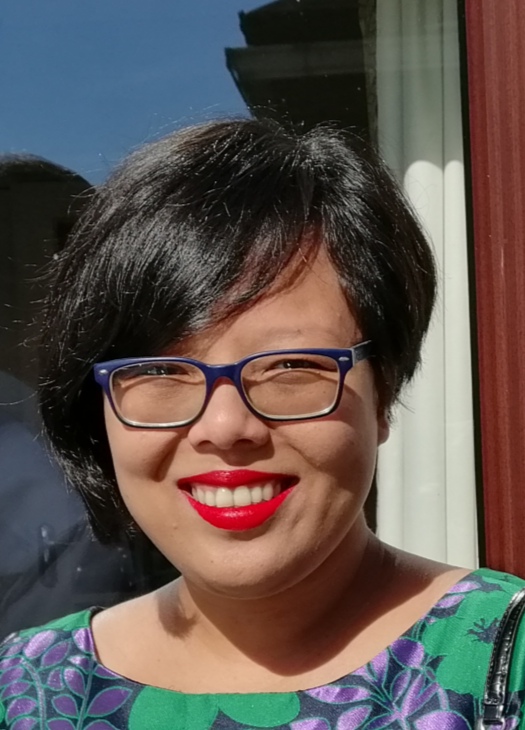
Postdoc on own FWF Lise-Meitner project, Solar/stellar winds, XUV activity, machine learning.
https://homepage.univie.ac.at/sudeshna.boro.saikia/
SENIOR SCIENTIST
Kristina Kislyakova
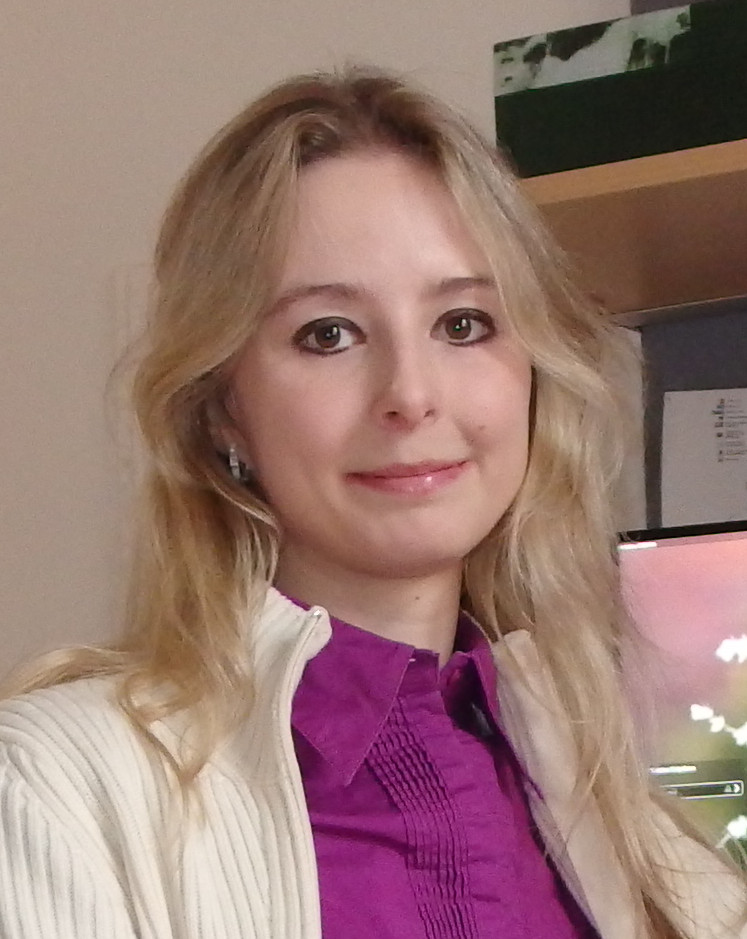
Permanent Senior Scientist working on exoplanetary habitability and atmosphere modelling.
POSTDOCS
Odysseas Dionatos
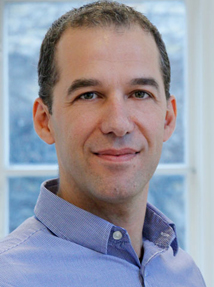
Senior postdoc working on protoplanetary disk observations and modeling, team member of the EU FP7 project DIANA (DiscAnalysis), now FFG project leader; awarded an EU H2020 project on protostellar research, starting 2021.
http://homepage.univie.ac.at/odysseas.dionatos/
Oliver Herbort
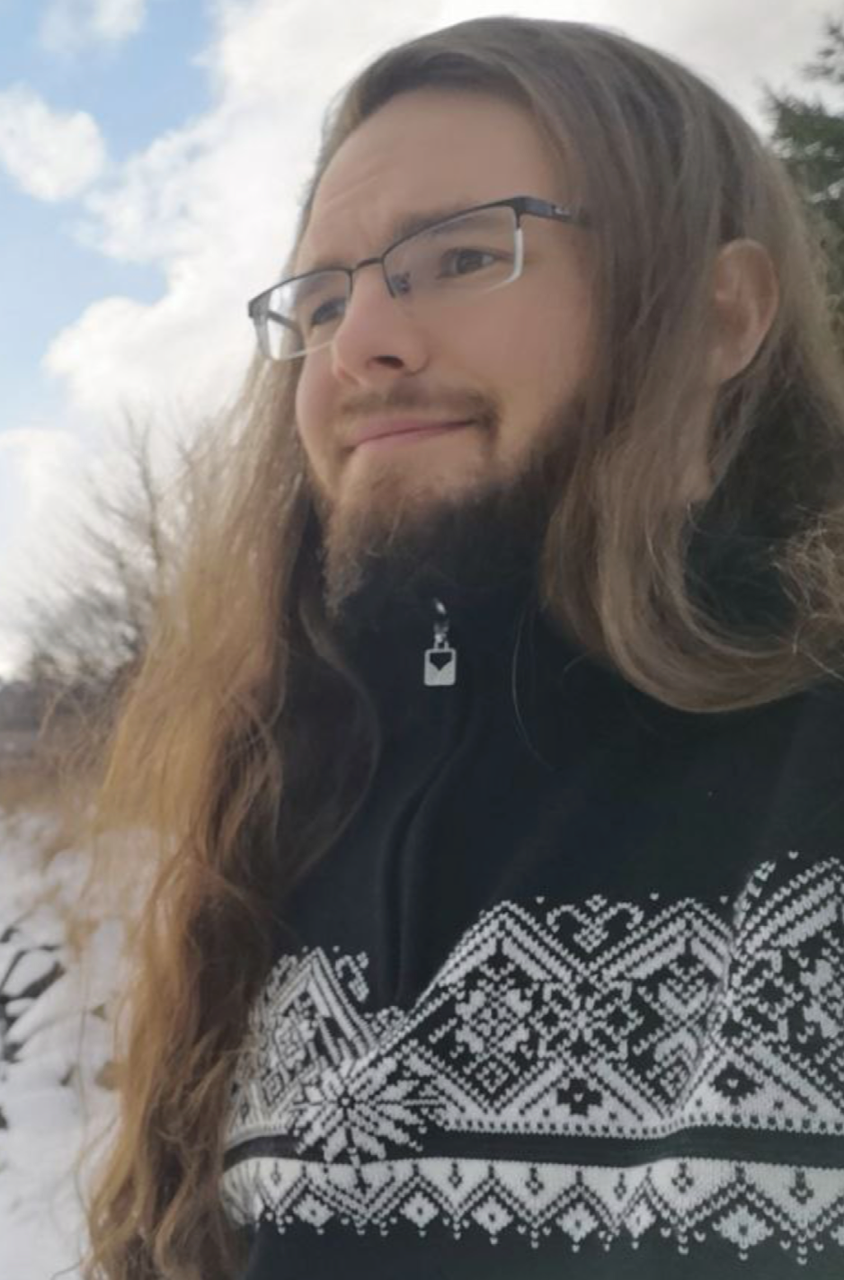
Oliver Herbort is working as an Ariel fellow PostDoc at the University of Vienna. His work is focussing on atmospheres of rocky exoplanets. Focussing on how the surface conditions of rocky exoplanets can be constrained by future observations. Therefore he is investigating atmospheric compositions based on different elemental compositions and the stability with respect to atmospheric loss and photochemistry.
One of his main interests is the habitability of exoplanets.
https://oliverherbort.wordpress.com
Yanina Metodieva

Postdoc on EU H2020 project Exoplanets_A working on stellar activity across the electromagnetic spectrum, mainly in the radio and UV/X-ray wavelengths.
Tatiana Pavlidou
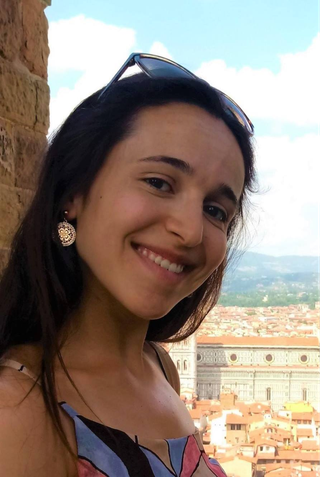
Postdoc working on observational star formation. Main interests: low-mass young stellar objects (Class 0/I), hot corino sources, young stellar clusters.
Nicole Pawellek

I am a postdoc working on debris discs – analogues of the Asteroid and Edgeworth Kuiper belt in our Solar System.
I investigate the mechanisms that drive planetary system formation and evolution by using collisional models and population analyses.
I do modelling of thermal emission and scattered light data applying optical dust properties of dust based on lab measurements.
Also, I am involved in different outreach projects.
https://nicole-pawellek.jimdofree.com/
Eduard Vorobyov
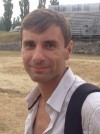
Main interests: numerical hydrodynamics simulations of protostellar disk formation in the primordial and local Universe, formation of giant planets and brown dwarfs via disk gravitational fragmentation, accretion and luminosity bursts in young protostars, high performance computing.
Projects:
- Formation and evolution of gas-dust protoplanetary disks. Dust growth and formation of planetesimals as the main building blocks of planets.
- Formation of giant planets and brown dwarfs via gravitational instability and fragmentation of massive protoplanetary disks.
- Variable accretion and luminosity bursts: theoretical mechanisms and their effects on disk evolution.
- Development of high-performance magneto-hydrodynamical numerical codes. Parallel programming.
PhD students: Rodrigo Guadarrama (UniVie), Lukas Gehrig (UniVie).
PhD STUDENTS
Lukas Gehrig
Rodrigo Guadarrama
James McKevitt
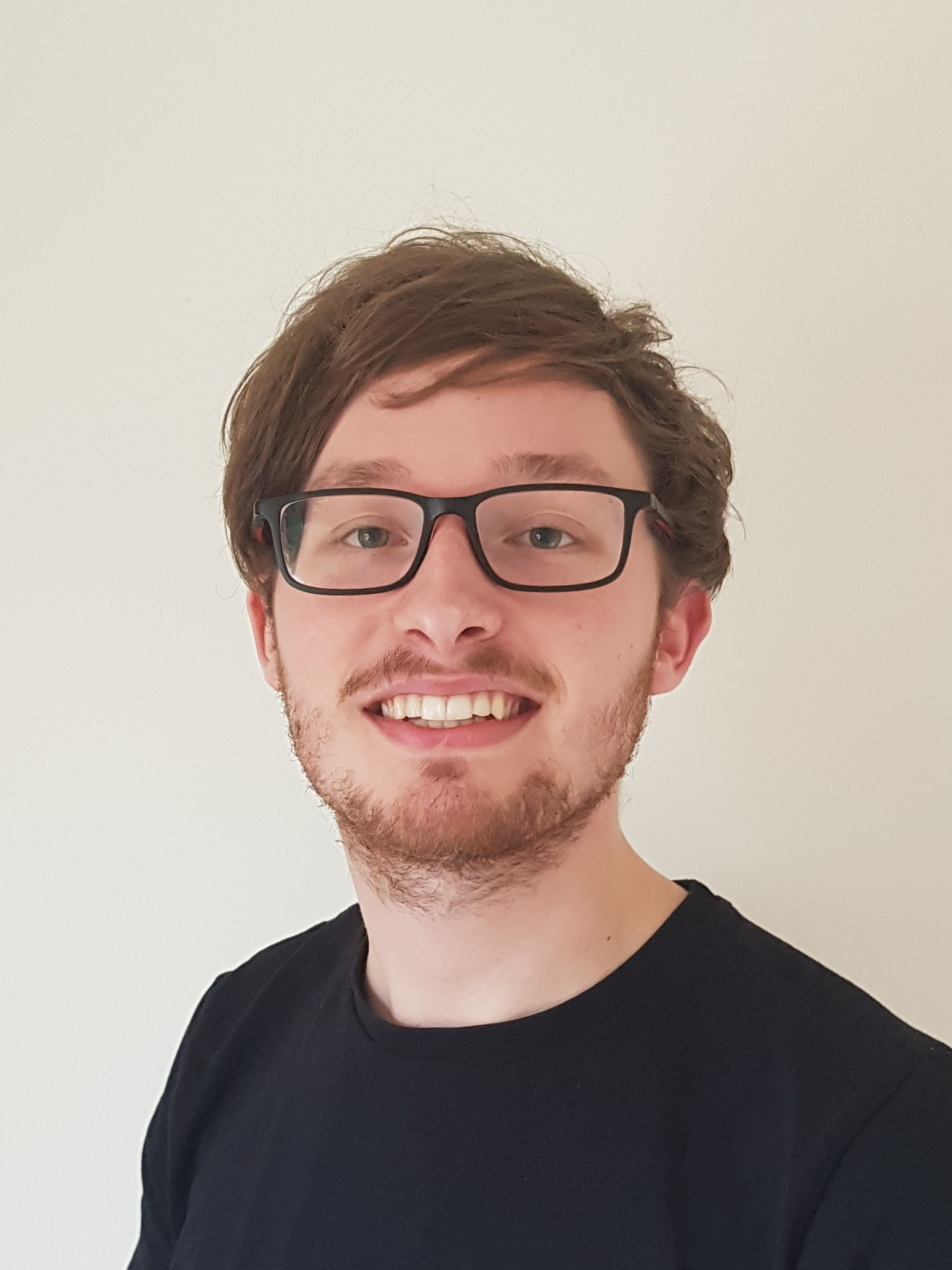
PhD student (2021 - Present) working on future science-centric L-class missions to the outer Solar System. Modelling protoplanetary disk formation with high performance computing.
www.conexresearch.com
Florian Ragossnig

PhD student, working on planetary primordial atmospheres in protoplanetary disks; Member of the PatH project.
http://homepage.univie.ac.at/florian.ragossnig
Simon Schleich
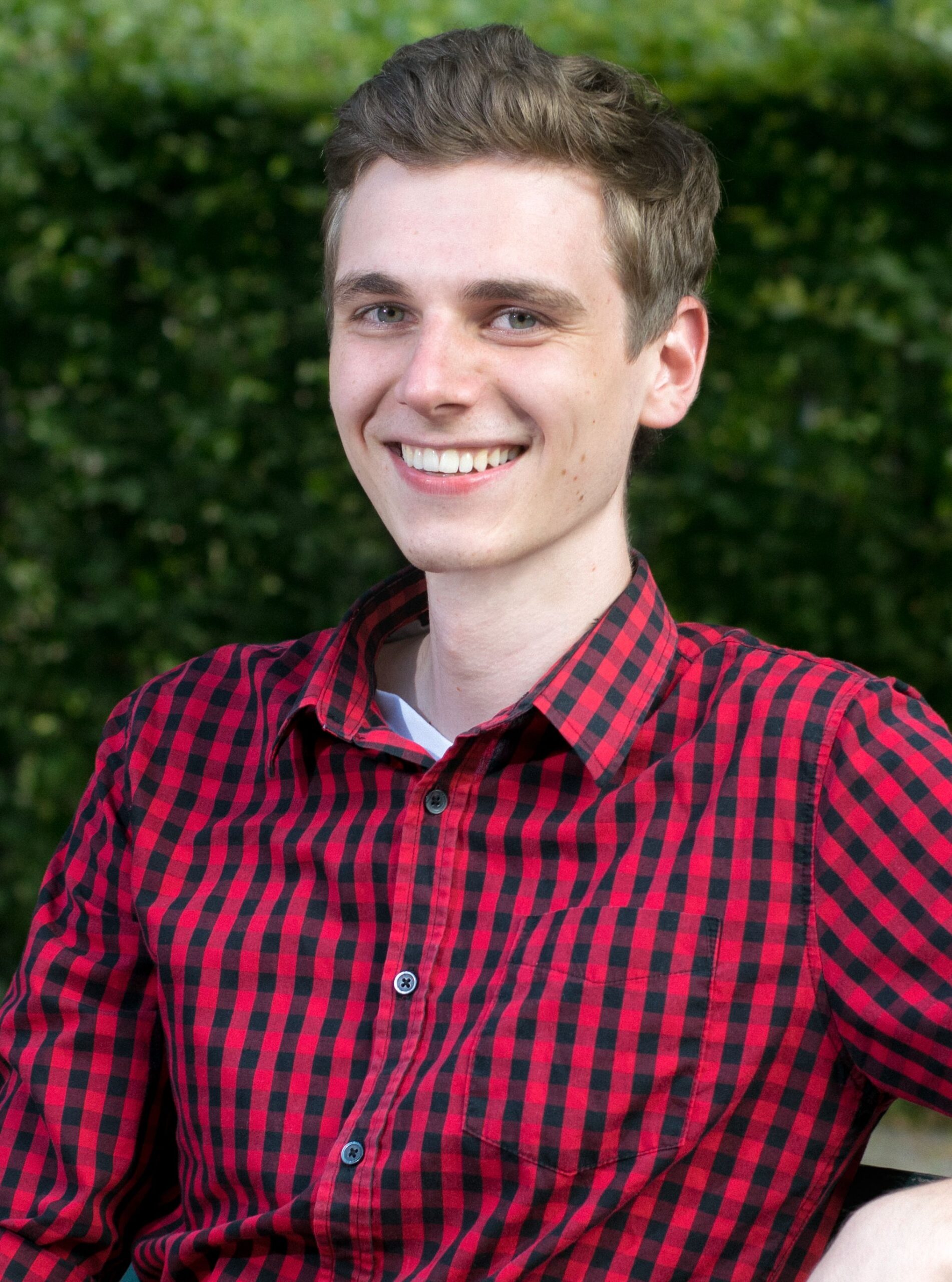
Gwenael Van Looveren
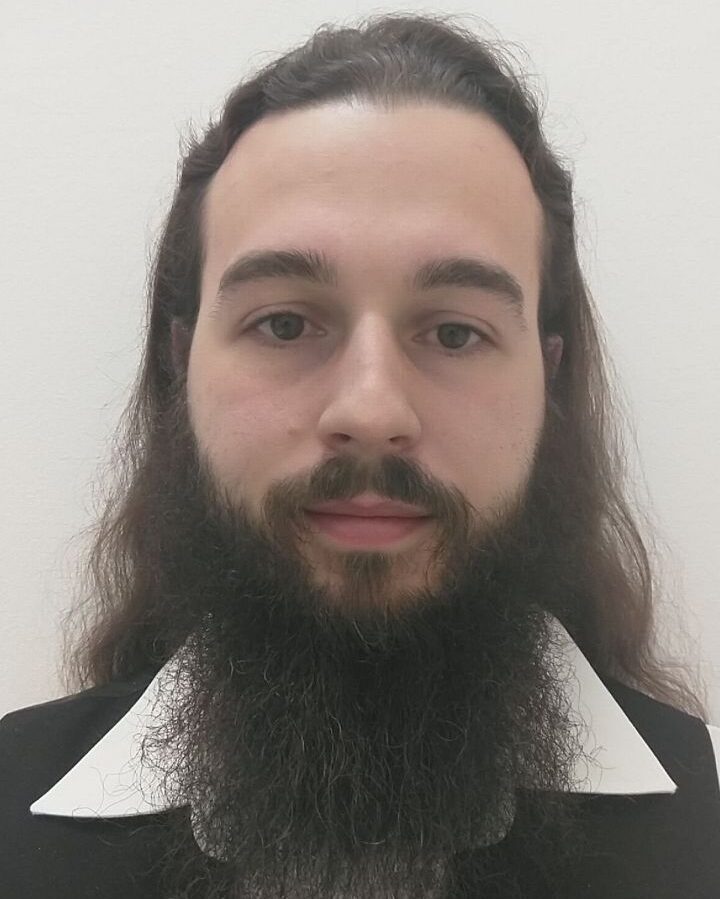
PhD student working on modeling of (exo)planet atmosphere chemistry.
MASTERS STUDENTS
Michael Bartel
Master student, working on the evolution of stellar rotation including magnetic fields.
Maria Hasler
Master student (2022 - Present) working on developing a neural network model that can simulate the extreme ultraviolet part of a stellar spectra through the technique of transfer learning.
Christoph Puchegger
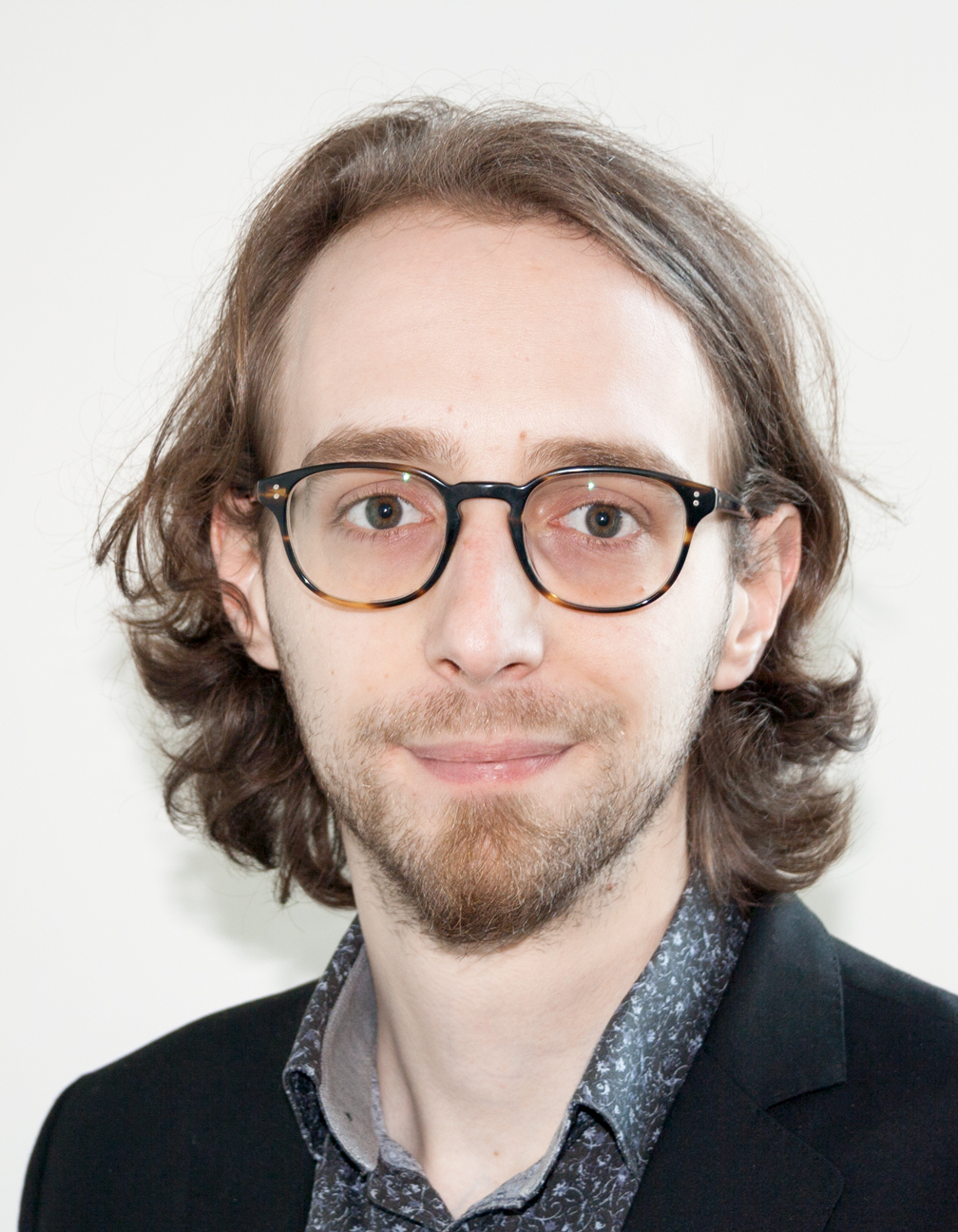
Master student (2022 - Present), works on numerical simulations of gas giant atmospheres
VISITING STUDENTS, POSTDOCS, AND SENIORS (SCHOLARS, EXCHANGE, ETC)
Would you like to visit our group to work with us as an Erasmus student or visiting postdoc? Feel free to contact us!
 Star and Planet Formation
Star and Planet Formation